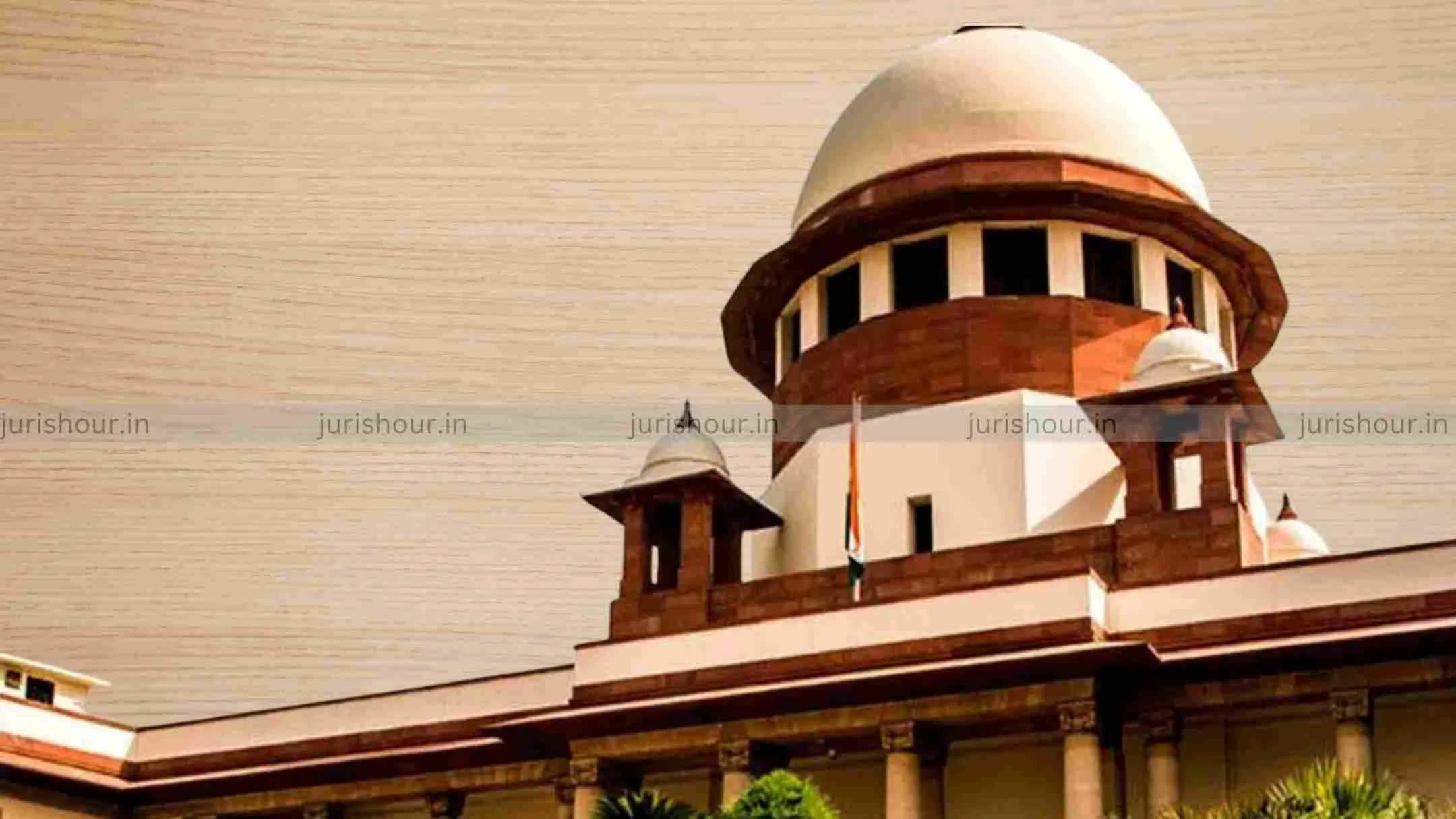The Supreme Court issued notice to the Union Government on its appeal challenging the Kerala High Court’s landmark judgment that struck down key provisions of the Central Goods and Services Tax Act, 2017 (CGST Act) allowing GST to be levied on services provided by clubs and associations to their own members.
A bench comprising Justice P.S. Narasimha and Justice A.S. Chandurkar took cognisance of the Union Government’s petition but granted partial relief to the Indian Medical Association (IMA), the original petitioner before the High Court. The apex court directed that no recovery actions be initiated against the IMA during the pendency of proceedings.
Appearing for the Union Government, Additional Solicitor General N. Venkataraman presented arguments in favour of the constitutionality of the amended provisions. Representing the IMA, Senior Advocate Arvind Datar urged the court to protect the association from retrospective tax demands — a request that the bench accepted.
Background of the Case
The matter stems from a Kerala High Court judgment in a writ appeal filed by the IMA, which challenged the imposition of GST on the services it provided to its members. The association relied on the “principle of mutuality”, contending that a club or association cannot be said to provide services to itself and hence should not attract GST.
The controversy arose after the Finance Act, 2021, introduced amendments to Section 2(17)(e) and Section 7(1)(aa) of both the CGST and the Kerala GST Act (KGST), with retrospective effect from July 1, 2017. These changes deemed supplies made by clubs or associations to their members as taxable — nullifying the mutuality argument and bringing such transactions within the GST net.
Kerala High Court Ruling
In its detailed judgment, a division bench of the Kerala High Court comprising Justice Dr. Jayasankaran Nambiar and Justice S. Easwaran declared the 2021 amendments unconstitutional. The court held that the changes violated Article 246A (which governs the power to make laws with respect to GST), Article 366(12A) (definition of goods and services), and Article 265 (no taxation without authority of law) of the Constitution.
Importantly, the High Court also found fault with the retrospective nature of the amendments, stating that imposing tax liabilities on transactions not originally subject to tax undermines legal certainty and fairness. The bench ruled that such retrospective taxation is incompatible with the rule of law.
Read More: PM Modi Visits Maldives: Rs. 4,850 Crore Line of Credit Announced, Trade Talks Launched

